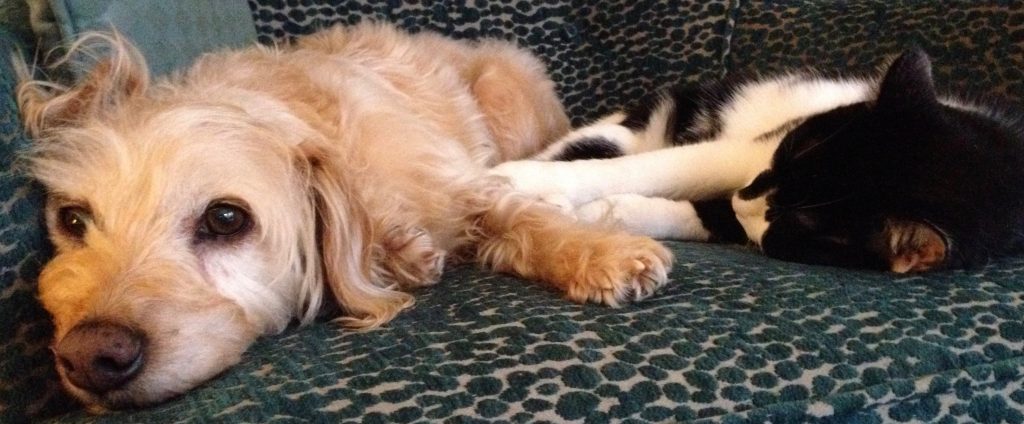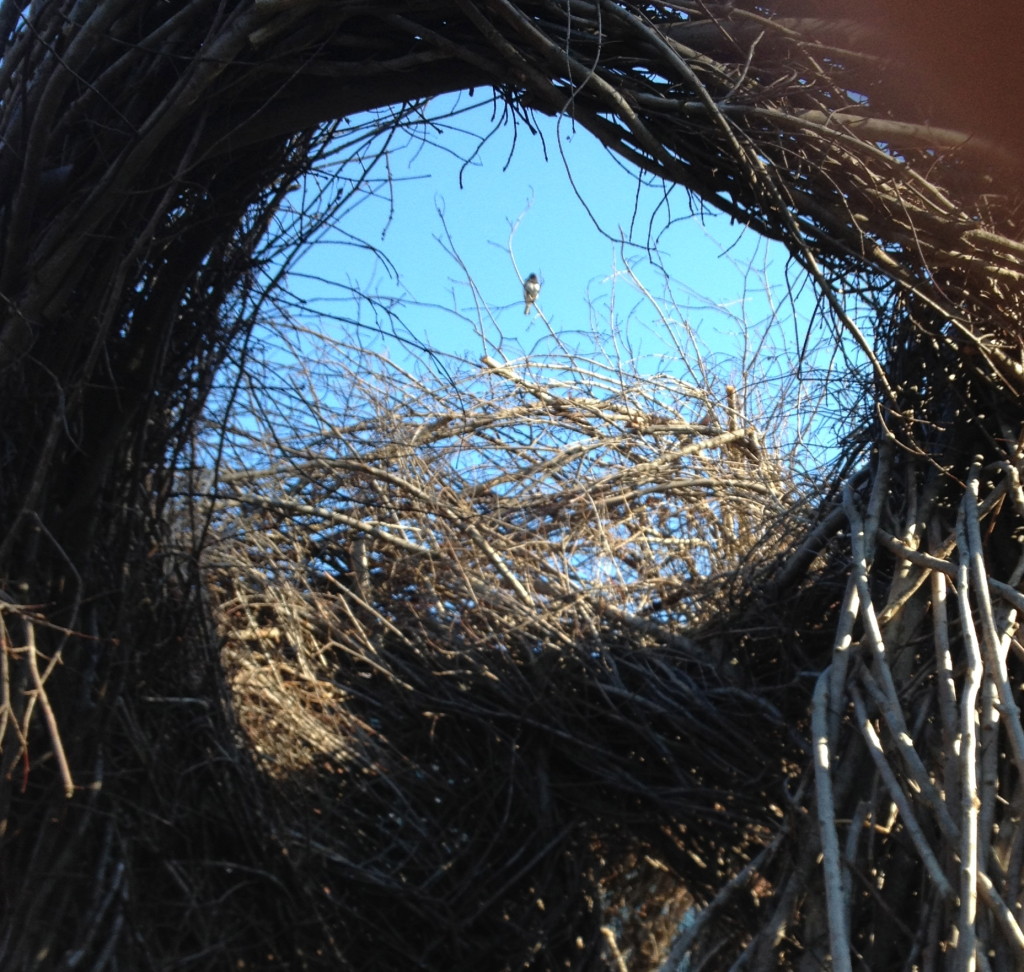
If the situation or problem is such that it can be remedied, then there is no need to worry about it. Alternatively, if there is no solution, no possibility of resolution, then there is also no point in being worried about it, because you cannot do anything about it anyway.
— His Holiness the Dalai Lama
I’ve always been a worrier. I’ve worried about almost everything including what other people thought of me, what would happen if I didn’t do what I was told to do, and how much snow would fall overnight rendering the following day a disaster because I couldn’t get to my doctor’s appointment or my yoga class. I seemed to think that worrying would make the bad things I was expecting to happen disappear, never to be seen again. Fortunately, worry is no longer my constant companion.
It seems to me that worrying has a lot to do with control issues and fear. As a child I felt there was nothing in my life that I could control. I never knew when my parents were going to be mean to me or when they would give me a hug and tell me I was a good kid. From the beginning I had the imagination of a creative and could come up with the most amazing, wonderful stories in my head or the most terrifying. The scary tales were often encouraged by my grandparents who told me that if I didn’t eat everything on my plate, the wolf that lived in the pump house across the street would come and take me away. For a long time I believed them and ate all of the disgusting spinach that was piled on my plate and the extremely overripe banana that made me want to puke. I watched as my grandfather cracked raw eggs into his coffee and then drink it. I worried that he’d make me do the same thing as soon as I was old enough to drink coffee. Thankfully I was never forced to follow his lead.
I slowly discovered that worry was caused by anticipating what was ahead, fearing that I would fail and/or get into deep trouble. When I made the earth shattering discovery that I have little or no control over anything I figured out it was a waste of time. I would never be able to stop my father from being in a rotten mood, or keep lightening from striking my house. The world was way too huge and chaotic to fret about. Why waste my time feeling anxious and watching my back, which always ruined gorgeous, sunny days?
Being mindful is my goal these days. Sure I still worry about things when they feel wobbly, but once I realize what is happening it is fairly easy to let go, labeling my thoughts as fear or expectation. Surely there is no problem hoping for the best outcome of any situation, but letting it direct every moment of our lives is being wasteful of the gift we have been given. And fearing the worst is even more destructive.
Sam, my fourteen year old dog is getting very old, is deaf, and having difficulty with his rear legs. But he is happy and I can’t worry about how much longer he will be with us. I can only enjoy having him with me right now and the moments when he is feeling exceptionally chipper and can run up the driveway, chasing Lilli, his cat. I’m having too much fun right now getting up each day and smelling whatever flower is opening up for me. If the end of the world comes along while I’m at it I’ll deal with it when it happens. Why waste even a minute of this wonderful life?




